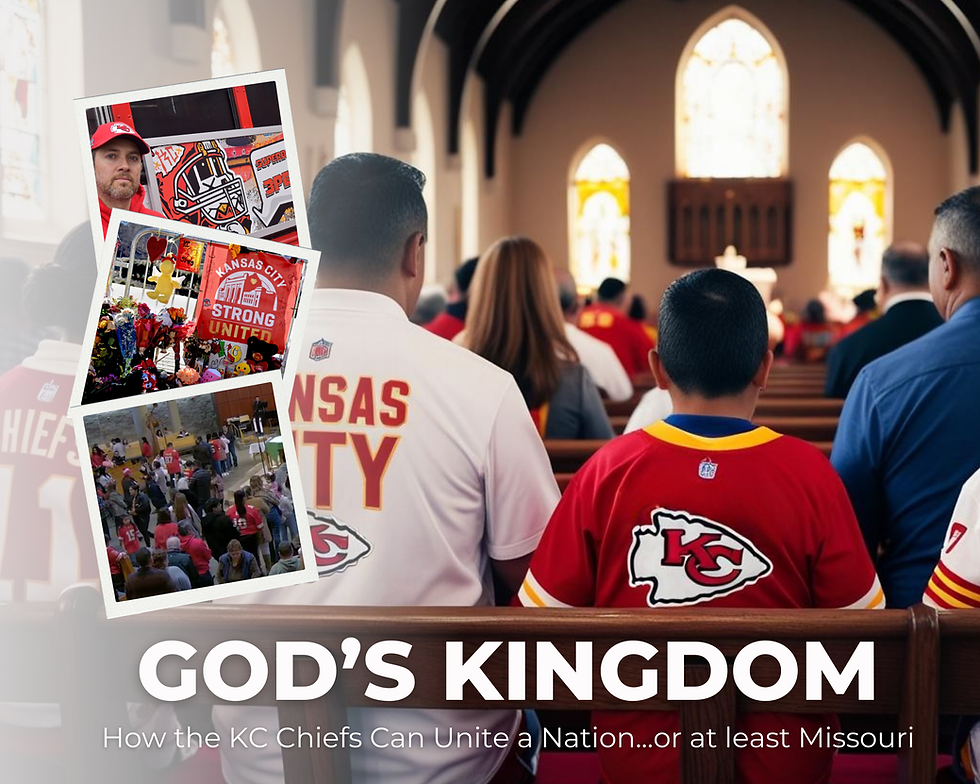Home is Here
- leydenrovelo
- Sep 13, 2022
- 2 min read
“There was a raid...[w]e were stopped and my dad was taken out of the car very aggressively. We were all taken out of the car and sat on the sidewalk, and they put my dad in handcuffs. I remember just crying."
That experience was part of a long journey Anali Hernandez Cruz has undertaken to reconcile her identity. In many ways, it has proven longer than the sixteen hundred miles her family journeyed from their home in Mexico. Anali has faced a lot of sufferings to call the United States home: bullying over her immigration status, separation from her family in Mexico, and incertitude about her future. When asked if any of this was worth living here, she said, “...puedo romper cadenas (I can break barriers). I was the first one in my family to receive a bachelor’s degree, and I cried like a baby...[k]nowing that I can also help my parents and be able to teach them the...things...that I have learned.”.

“God continues to show me that I am loved and worthy...”
Anali came to this country as a child. Her father came first, as usually happens, with the hope of providing for his family in Mexico. But the separation proved difficult, and soon her mother and the children followed.
For Anali, Kansas City is home. Her hopes for a future here are not diminished by her love of her heritage. They are enhanced because she is acutely aware of everything it cost her family to get here. As a childhood arrival, Anali qualified for an immigration status called Deferred Action for Childhood Arrivals (DACA). DACA protects a group of young people, about 3000 in Missouri alone, who entered the country undocumented. It does not grant them official legal status or a pathway to citizenship, but it does allow them to apply for a driver’s license, social security, and work permit. Many, like Anali, have only known the United States as home.
Opportunities have limitations with DACA. Anali shared that while DACA has enabled her to work and drive legally, things like “...[housing] programs...to assist first-time home buyers...I did not qualify [for] because I am not a resident nor a citizen.” There is also the threat of DACA ending. The program stopped accepting applicants and even for those in the program, renewal is not guaranteed. Anali says it comes with a great weight of uncertainty. What if this is the year DACA finally goes away? She says, “I would have to start all over because the door that opened up to me would now be closed.”.
Having a foot in two worlds means she can often feel as if she is neither Mexican nor American “enough.” She’s learning to make peace in this in-between space and finds her identity defined through her faith. She relies on her parents and God for that. “God continues to show me that I am loved and worthy. I know that when I feel defeated it is not me that gets back up, it is him that picks me up and pushes me forward.”
This article was first published in The Catholic Key Magazine




Comments